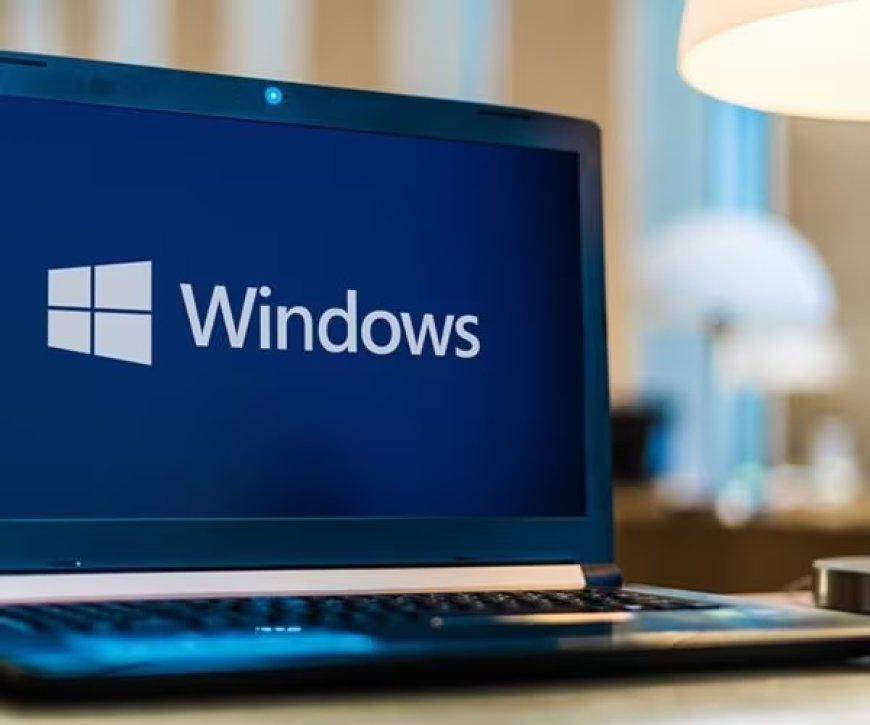Microsoft's decision to end support for Windows 10 has sent ripples across the tech landscape, sparking concerns about the fate of millions of computers worldwide. With an estimated 240 million PCs potentially facing obsolescence, the looming question revolves around their final destination: landfills. The convergence of technological advancement and environmental responsibility has brought this issue to the forefront, highlighting the need for sustainable solutions in the face of rapid digital evolution.
The Challenge of Obsolete Electronics
As the software giant ceases updates and security patches for Windows 10, millions of devices risk falling into disuse. This move pushes older machines closer to becoming electronic waste, exacerbating an already pressing global predicament. E-waste, laden with toxic components like lead and mercury, poses a severe threat to the environment when improperly disposed of. Landfills become virtual ticking time bombs, leaching hazardous materials into soil and water, necessitating urgent action to avert an impending crisis.
The Environmental Toll
The potential surge in discarded PCs following Microsoft's shift underscores the broader issue of technology's environmental impact. From production to disposal, each phase of a device's lifecycle exacts an ecological toll. Mining raw materials, energy-intensive manufacturing processes, and the eventual disposal all contribute to carbon emissions and resource depletion. Consequently, the need to address electronic waste responsibly becomes paramount to mitigate these adverse environmental effects.
Also see: Tech News Updates: Unmasking the Mystery: Checking How Many SIMs are Registered in Your Name
Seeking Sustainable Solutions
Amidst this pivotal moment, efforts to curb e-waste and promote sustainable practices gain newfound urgency. Initiatives advocating for responsible recycling, refurbishment, and proper disposal of electronics emerge as crucial avenues. Encouraging consumers and industries to embrace circular economy models—where materials are reused and repurposed—stands as a promising approach. Moreover, extending the lifespan of devices through upgrades and refurbishment not only reduces e-waste but also conserves valuable resources.
The Role of Innovation
Innovation remains pivotal in charting a sustainable path forward. Technological advancements fostering eco-friendly designs, modular components, and efficient recycling methods offer promising solutions. Additionally, manufacturers embracing design principles aimed at longevity and ease of repair can significantly mitigate the cycle of rapid obsolescence. Collaborative efforts between governments, industries, and consumers are imperative to drive such changes and pave the way for a more sustainable tech landscape.
A Call to Action
The impending influx of obsolete PCs into landfills due to Microsoft's Windows 10 withdrawal serves as a stark reminder of the challenges posed by our digital consumption patterns. Urgent action and collective responsibility are essential in averting an environmental crisis. From conscious consumer choices to advocating for robust policies that promote sustainable practices, each step plays a vital role in shaping a future where technological progress harmonizes with environmental stewardship.
Also see: Education News India
Follows Us for More Updates
Like Us on our Facebook Page: Click Here
Like Us on Instagram: Click Here 




























